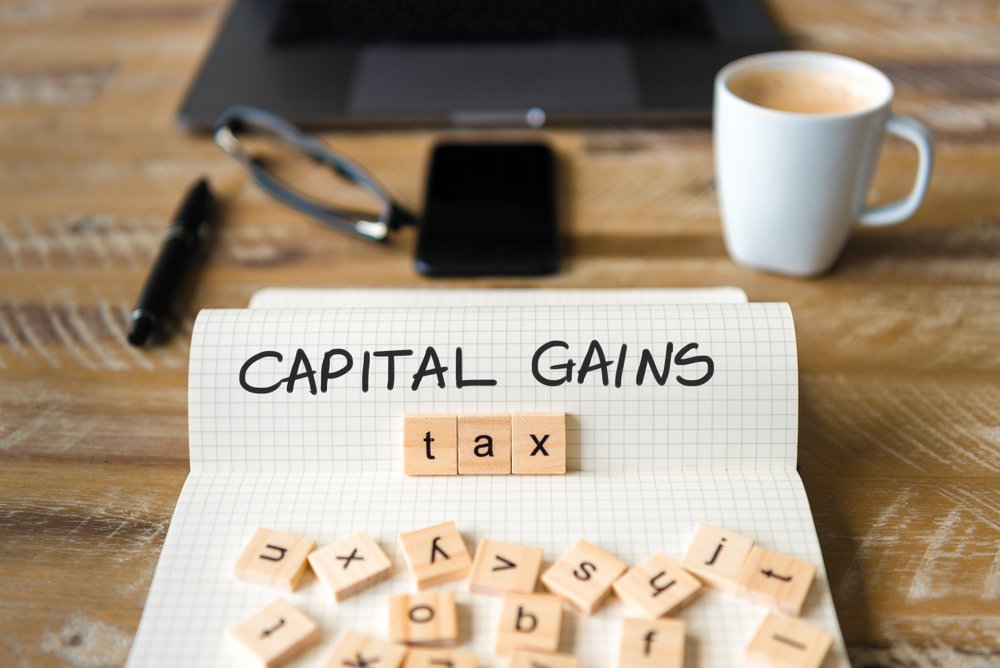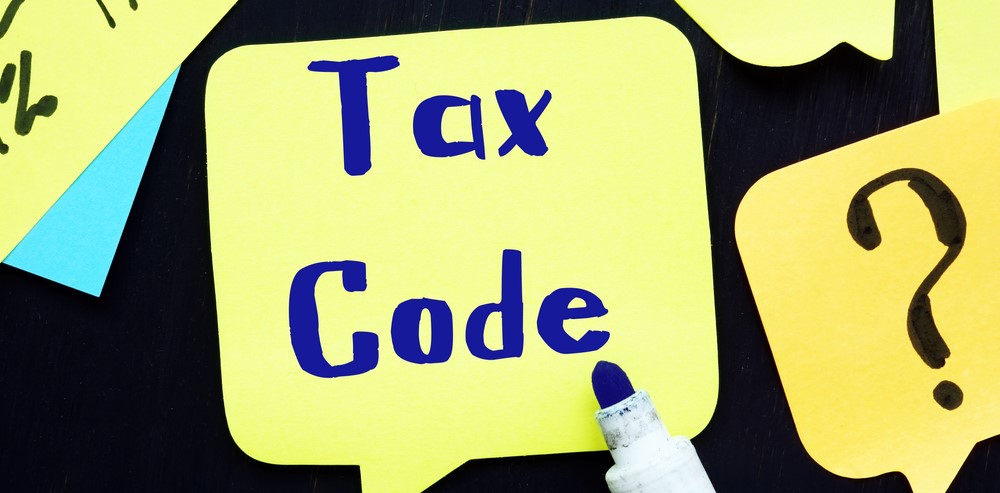
Considering disposing of an asset soon? It could be worth doing so before 6 April 2024!
|
|
Individuals making capital disposals, such as selling shares, a painting, antique jewellery, or a holiday home, don’t pay capital gains tax if their net gains for the tax year (chargeable gains less allowable losses for the year) are covered by the annual exempt amount. This is essentially a personal allowance for capital gains tax purposes, and each individual is entitled to their own annual exempt amount.
Make the best use of your 2023/24 annual exempt amount
The annual exempt amount is dropping from £6,000 for the 2023/24 tax year to £3,000 for 2024/25. If you’re planning disposals that are likely to trigger a gain, consider the timing…
👉 Where your 2023/24 annual exempt amount remains available, decide whether to make the disposal before the 2023/24 tax year comes to an end on 5 April 2024.
📢 Remember, if you don’t make use of your full allowance in the tax year, it’s lost – it can’t be carried forward!
Examples
#1: Jacob plans to sell an investment property
- Jacob has not made any other disposals in 2023/24 but he plans to sell a residential investment property which will realise a gain of £20,000.
- Jacob is single and pays tax at the higher rate.
By making the disposal before the end of the 2023/24 tax year, Jacob will be able to use his 2023/24 annual exempt amount of £6,000, leaving him with a gain of £14,000.
However, if he delays the disposal until after 5 April 2024, he will only benefit from an annual exempt amount of £3,000.
By selling his investment property before 6 April 2024, Jacob is able to preserve his 2024/25 annual exempt amount for future investment disposals.
#2: Susan plans to sell a painting she’s had for years
- Susan sold a flat in May 2023 realising a loss of £15,000. She also plans to sell a painting which will realise a gain of £2,000.
If Susan sells the painting in 2023/24, the gain of £2,000 will be set against the loss of £15,000, reducing the net loss available to carry forward to £13,000. Her annual exempt amount for 2023/24 will be wasted.
If Susan sells her painting in 2024/25, and this is her only disposal in that year, it will be sheltered by the annual exempt amount of £3,000. Susan will have losses from 2023/24 of £15,000 to carry forward to set against future gains.
#3: Matt plans to sell a holiday home
- Matt has made chargeable gains of £8,000 in 2023/24. He also plans to sell a holiday home, realising a gain of £30,000.
If Matt sells the property before 6 April 2024, the full gain will be taxable as he has already used his annual exempt amount. However, if he waits until after 5 April 2024 to make the disposal, he will be able to use his 2024/25 annual exempt amount to reduce the chargeable gain to £27,000.
Spouses and civil partners
Spouses and civil partners each have their own annual exempt amount. While they can’t pass unused annual exempt amounts to their partner, they can transfer assets between themselves at a value that gives rise to neither a gain nor a loss.
When planning asset disposals, spouses and civil partners need to consider:
- Their own available annual exempt amount and that of their spouse/civil partner, and
- The rate at which they each pay tax.
If you have used your annual exempt amount for 2023/24 but your spouse has not, it may be worth transferring the asset to them prior to disposal and making the disposal before 6 April 2024 to utilise their 2023/24 annual exempt amount.
#4: Married couple Julian and Jackie
- Julian and Jackie are married. Julian has used up his annual exempt amount for 2023/24, but Jackie has hers still available.
- Julian plans to sell some of his grandmother’s antique jewellery he inherited, to someone who will appreciate it; he expects to realise a gain of £5,800.
By transferring the jewellery to Jackie for her to sell prior to 6 April 2024, the gain will be sheltered by Jackie’s annual exempt amount, so no tax is payable.
Get regular access to valuable information like this from an approachable accountant…
…join The Financial Resilience Hub for Q&A sessions, weekly finance and general business tips, in-person and online workshops and access to a growing resource of bite-sized online courses available 24/7. Uncover the full membership benefits.
ABOUT THE AUTHOR

Helen Monaghan is a Chartered Management Accountant, accredited NLP Practitioner & Finance Coach. Both a psychology graduate and an accountancy graduate, she has authored three business books, which beautifully bring together psychology, finance, and tax to empower the reader about money. Helen is the CEO of HM Finance Coaching & Advisory Ltd, a company that provides financial education and business mindset coaching to small businesses across the UK, in addition to accountancy services for limited companies in Scotland and across the UK. Helen is also the founder of The Financial Resilience Hub – find out how we can support you, and your business, to be financially resilient through our monthly membership.
© Helen Monaghan






Responses